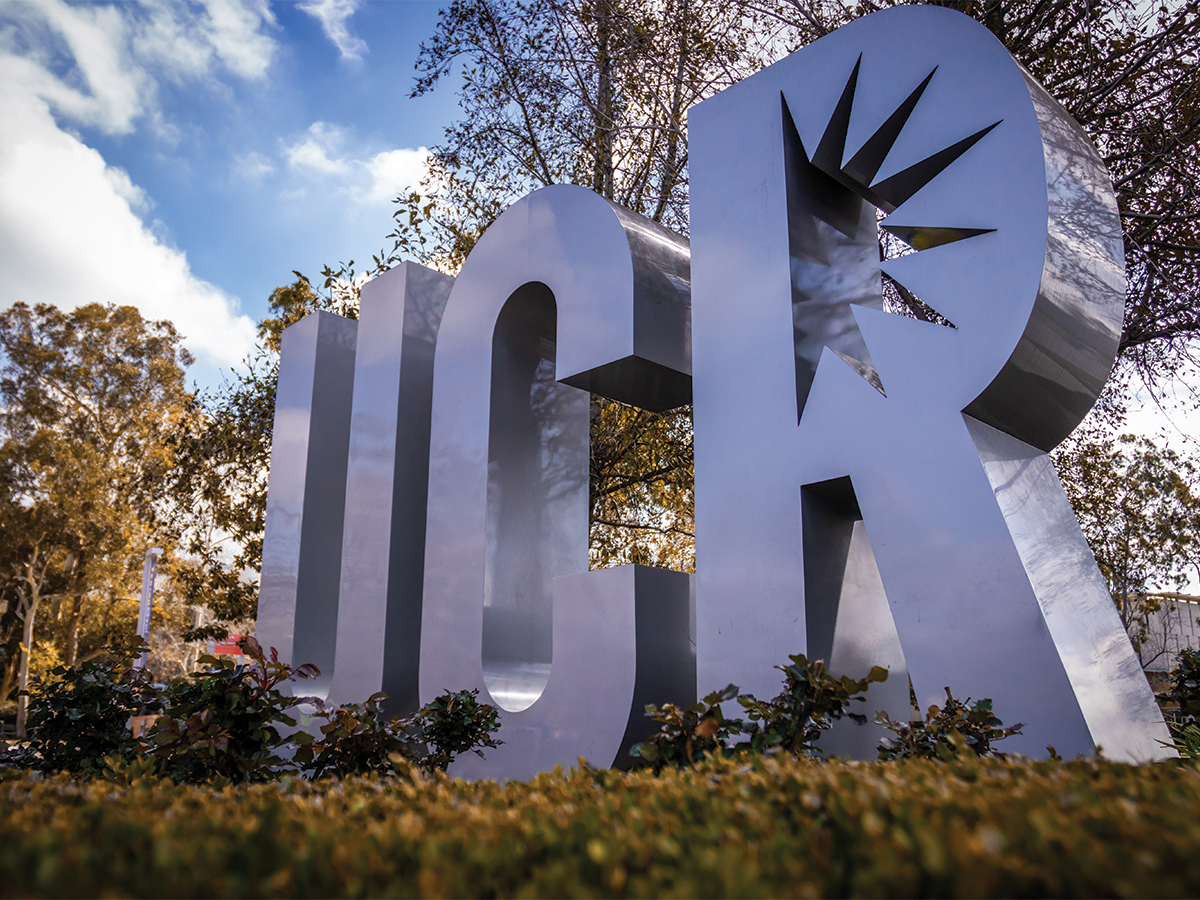On Jan. 11, University of California (UC) President Michael V. Drake officially announced that UC campuses plan to allow in-person learning in fall 2021. The decision was made with the consultation of the 10 UC campuses chancellors. Since then, ASUCR has drafted a list of recommendations to Chancellor Kim A. Wilcox and Interim Provost and Executive Vice Chancellor Thomas Smith. These recommendations outline UCR student recommendations and desires for the reopening of campus.

The letter outlined the recommendations into four sections: academic continuity, COVID-19 vaccine and testing accessibility, student health wellness and basic needs and addressing concerns with policing and campus safety. The recommendations were created from the results gathered through a systemwide survey, the COVID Impact Survey, sent in fall 2020.
The academic continuity portion refers to the option for students to choose between online or remote courses, the possibility of an extension of S/NC and withdrawal deadlines and allowing for grading leniency.The COVID-19 vaccine and testing accessibility section outlines student recommendations to provide every student access to the COVID-19 vaccine, mandate mask-wearing on campus, have testing locations on campus and in residential halls free of charge and “sensitive strategies in place to support isolation or quarantine period.”
In an interview with The Highlander, Vice President of External Affairs Vincent Rasso stated that sensitive measures such as contact tracing, frequent testing for students that are residential advisors or dining employees and prioritization for vaccines need to be in place. He also stated, “It’s really important the university, the health services or the programs that are employing student workers are being held accountable to make sure that their students are safe and secure.”
As for addressing students’ health, wellness and basic needs, ASUCR recommends the creation of a COVID-19 Impact Working Group, which would help students shift to in-person instruction and be prepared for any challenges that may arise for students who are learning either in person or remotely. In addition, ASUCR asks for the expansion of services including the R’ Pantry and Counseling and Psychological Services (CAPS) to address the mental health and food insecurities students may be facing. The expansion will coincide with community support groups through resource centers and departments, which will act as a safe space for students to express their needs and concerns. ASUCR hopes that attention will not be limited to reopening campus housing, but will also address off-campus housing and issues pertaining to navigating eviction. The letter recommends that UCR administration continue communicating nonprofit and legal resources around leases and contracts, and that this method of transparency be centralized so that the Fair Housing Council and Riverside Legal Aid are support services that students can immediately identify for issues they may run into.
AUSCR’s final recommendation touches on the need to create a safe environment for students on campus, particularly students of color. Changes proposed are to “immediately address any proposed changes to UCPD standards and long-term solutions including budget recommendations that have been identified by the Task Force.” The letter states that without the full support by UCR leadership to promise substantial change through systemic reform, they are concerned that the issue of policing will continue to be “revisited for years to come due to institutional inaction.”
In a statement given to The Highlander, Chancellor Wilcox stated, “There are many variables impacting UCR’s decisions for fall 2021, not the least of which is the status of vaccine distribution … Working groups for health, vaccines, instruction, and research are among those meeting now to determine UCR’s fall 2021 plan. Feedback from students and student organizations, including ASUCR, is invaluable in developing our plans for fall.”
In an interview with The Highlander, ASUCR President Luis Huerta stated, “Truthfully, of all the things at its core and its infrastructure, we need to have a successful fall 2021 or whenever we come back in person and transition.” He continued, stating, “It will definitely be a continuous bombardment of social media campaigns, emailing folks over at student leadership and campus admins, reminding them these are the recommendations we need.”
ASUCR asks that students who wish to voice their concerns and feedback email them at asucr@ucr.edu.







